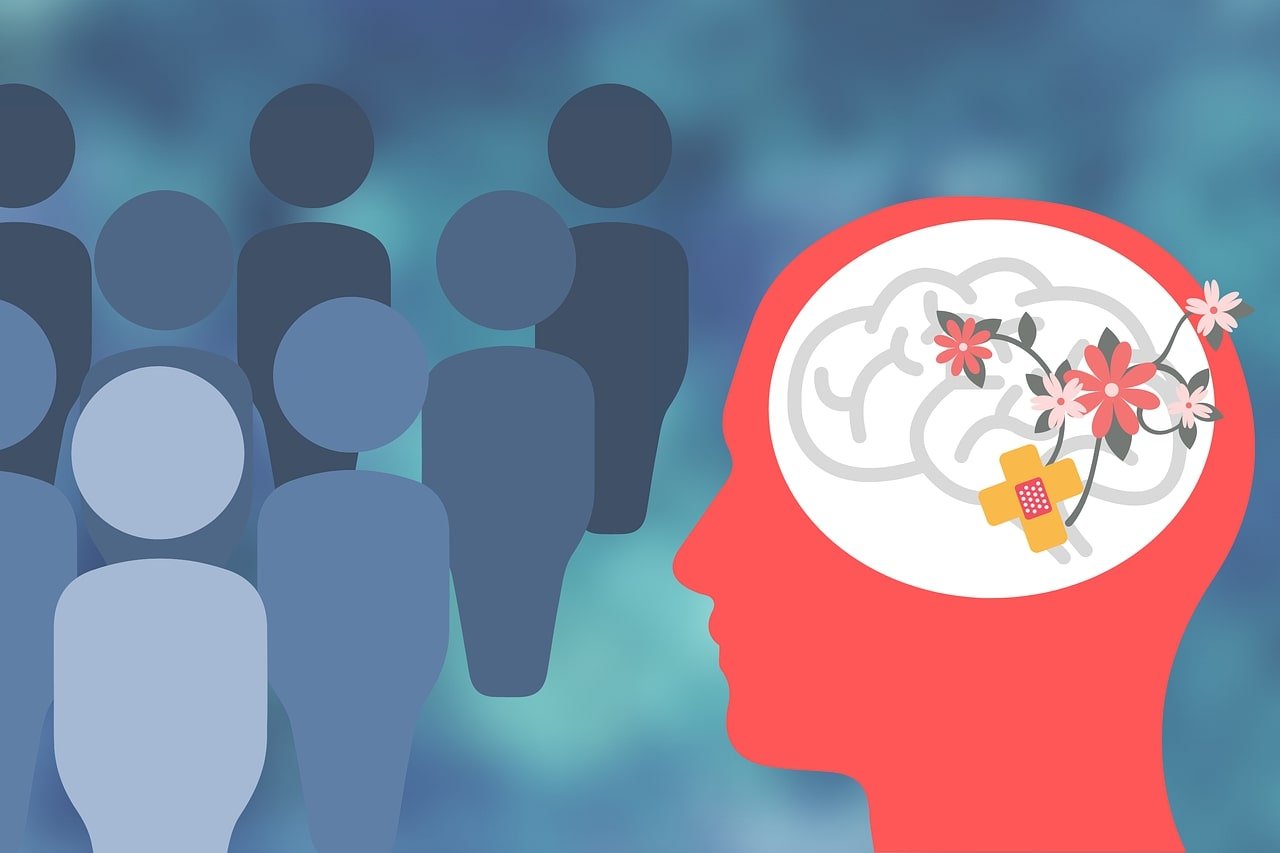Summary: Decreased blood flow and blood oxygen levels to the hippocampus may explain symptoms of memory loss associated with Alzheimer’s. Researchers say increasing hippocampal blood flow could reverse or protect against symptoms of the neurodegenerative disorder.
Source: University of Sussex
In a world first, scientists from the University of Sussex have recorded blood oxygen levels in the hippocampus and provided experimental proof for why the area, commonly referred to as ‘the brain’s memory centre’, is vulnerable to damage and degeneration, a precursor to Alzheimer’s disease.
To understand why this region is so sensitive, the University of Sussex researchers, headed up by Dr Catherine Hall from the School of Psychology and Sussex Neuroscience, studied brain activity and blood flow in the hippocampus of mice. The researchers then used simulations to predict that the amount of oxygen supplied to hippocampal neurons furthest from blood vessels is only just enough for the cells to keep working normally.
Dr Catherine Hall, Senior Lecturer in Psychology at the University of Sussex says:
“These findings are an important step in the search for preventative measures and treatments for Alzheimer’s, because they suggest that increasing blood flow in the hippocampus might be really effective at preventing damage from happening.
“If it’s right that increasing blood flow in the hippocampus is important in protecting the brain from diseases like Alzheimer’s, then it will throw further weight behind the importance of regular exercise and a low-cholesterol diet to long-term brain health.
“We think that the hippocampus exists at a watershed. It’s just about OK normally, but when anything else happens to decrease brain blood flow, oxygen levels in the hippocampus reduce to levels that stop neurons working. We think that’s probably why Alzheimer’s disease first causes memory problems – because the early decrease in blood flow stops the hippocampus from working properly.
“The same factors that put you at risk of having a heart attack make you more likely to develop dementia. That’s because our brains need enough blood flow to provide energy – in the form of oxygen and glucose – so brain cells can work properly, and because blood flow can clear away waste products such as the beta amyloid proteins that build up in Alzheimer’s disease.
“Now we want to discover whether the lower blood flow and oxygen levels in the hippocampus are what causes beta amyloid to start to build up in Alzheimer’s disease. Understanding what causes early damage will be really important to help us learn how to treat or prevent disease.”

Dr Kira Shaw, a psychology researcher at the University of Sussex who undertook the main experiments, reported:
“We found that blood flow and oxygen levels in the hippocampus were lower than those in the visual cortex. Also, when neurons are active, there is a large increase in blood flow and oxygen levels in the visual cortex. This provides energy to hungry neurons. But in the hippocampus, these responses were much smaller.”
The scientists also found that blood vessels in the hippocampus contained fewer mRNA transcripts (codes for making proteins) for proteins that shape blood vessel dilation. Additionally, the cells that dilate small blood vessels, called pericytes, were a different shape in the hippocampus than in the visual cortex.
Dr Shaw concluded: “We think blood vessels in the hippocampus are less able to dilate than in the visual cortex”.
Funding: This research was funded by the Medical Research Council, the Academy of Medical Sciences, and the Wellcome Trust.
About this Alzheimer’s disease research news
Source: University of Sussex
Contact: Anna Ford – University of Sussex
Image: The image is in the public domain
Original Research: Open access.
“Neurovascular coupling and oxygenation are decreased in hippocampus compared to neocortex because of microvascular differences” by Catherine Hall et al. Nature Communications
Abstract
Neurovascular coupling and oxygenation are decreased in hippocampus compared to neocortex because of microvascular differences
The hippocampus is essential for spatial and episodic memory but is damaged early in Alzheimer’s disease and is very sensitive to hypoxia. Understanding how it regulates its oxygen supply is therefore key for designing interventions to preserve its function.
However, studies of neurovascular function in the hippocampus in vivo have been limited by its relative inaccessibility. Here we compared hippocampal and visual cortical neurovascular function in awake mice, using two photon imaging of individual neurons and vessels and measures of regional blood flow and haemoglobin oxygenation.
We show that blood flow, blood oxygenation and neurovascular coupling were decreased in the hippocampus compared to neocortex, because of differences in both the vascular network and pericyte and endothelial cell function.
Modelling oxygen diffusion indicates that these features of the hippocampal vasculature may restrict oxygen availability and could explain its sensitivity to damage during neurological conditions, including Alzheimer’s disease, where the brain’s energy supply is decreased.






